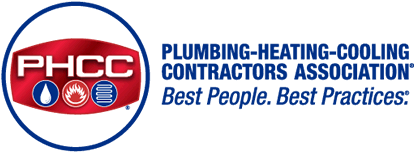
Your Voice in Washington, DC
PHCC Government Affairs builds and maintains relationships with federal policymakers and educates them on the needs of our industry and the impact of legislative and regulatory activity.
Our message to officials in Washington is crafted by PHCC contractors and chapter executives to ensure our policy positions accurately reflect the policy priorities of our members. PHCC’s Government Affairs Committee consists of contractors of all sizes representing plumbing and HVAC, residential and commercial, union and non-union, and chapter executives from across the country who work with PHCC staff to identify opportunities and threats and develop strategies for success. Most importantly, PHCC hosts an annual Legislative Conference providing an opportunity for contractors to meet directly with their elected officials in Washington, DC.
PHCC’s government affairs team is also available to support your efforts at the state level should your chapter need it.
PHCC’s government affairs framework allows contractors a seat at the table, and is only successful because of your involvement. Our policy priorities outlined below were crafted based exclusively on input from PHCC contractors:
